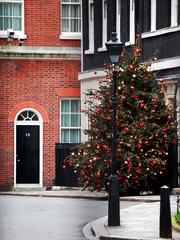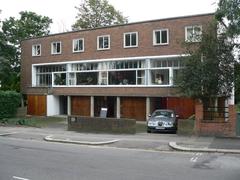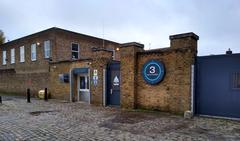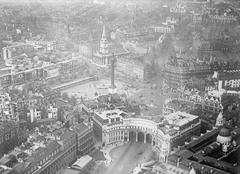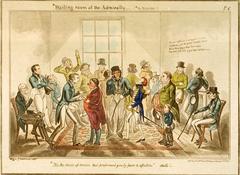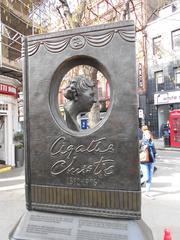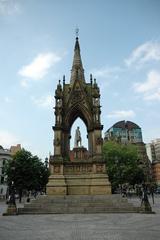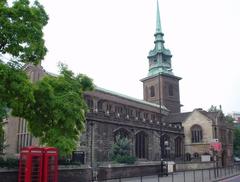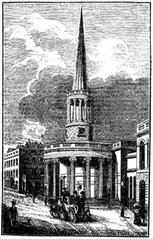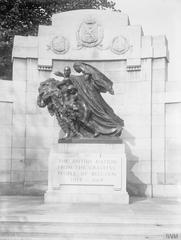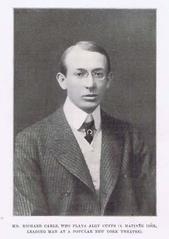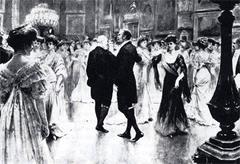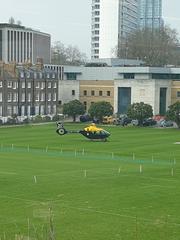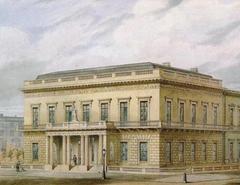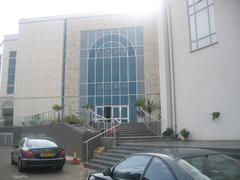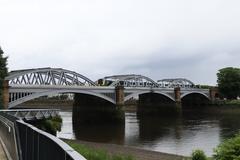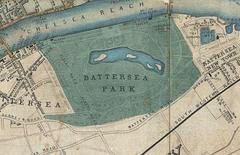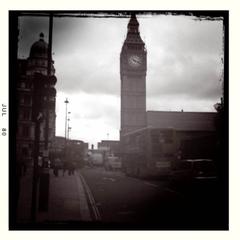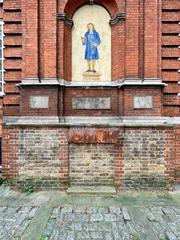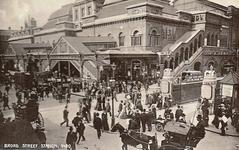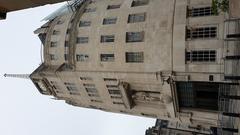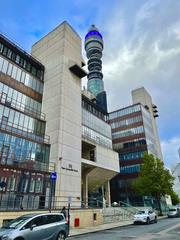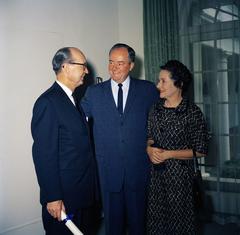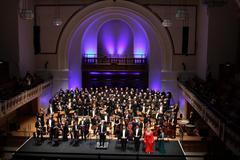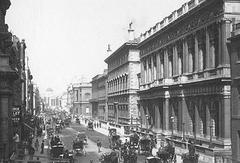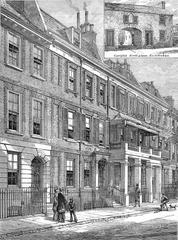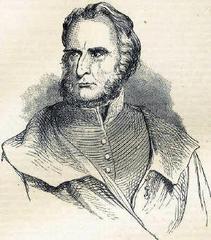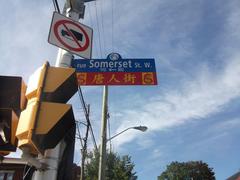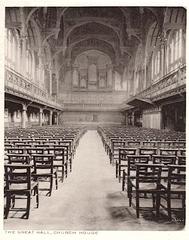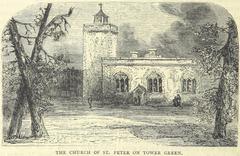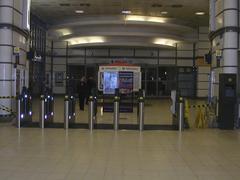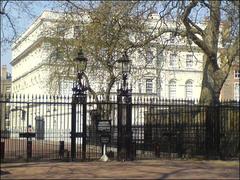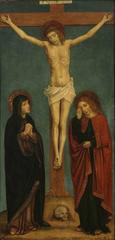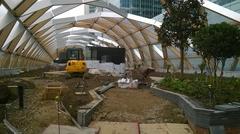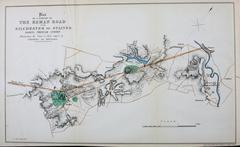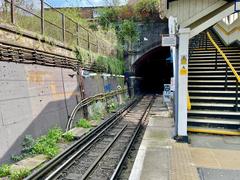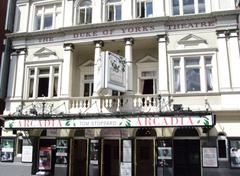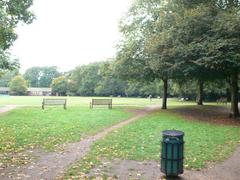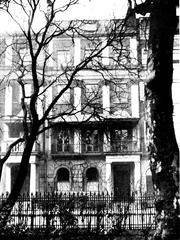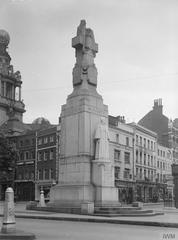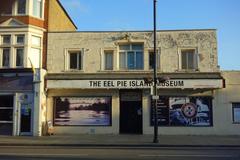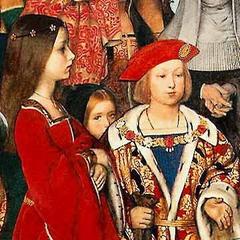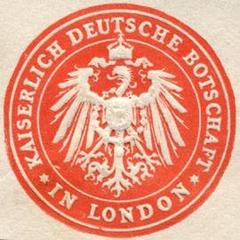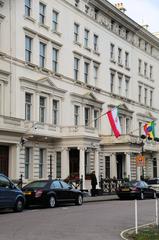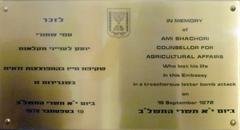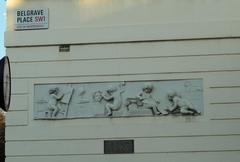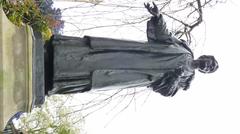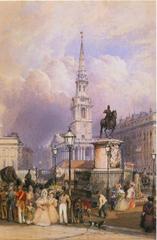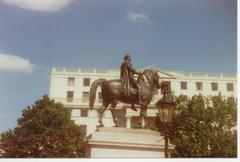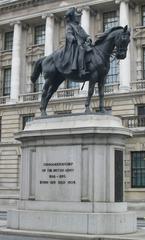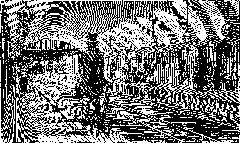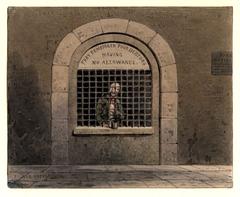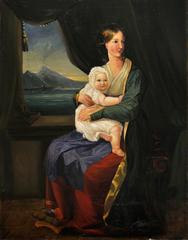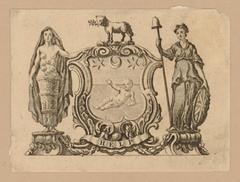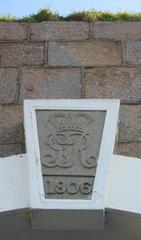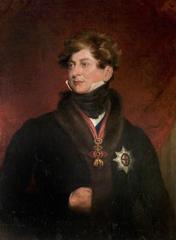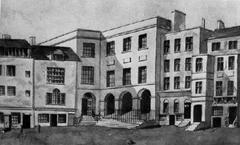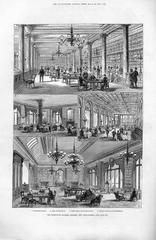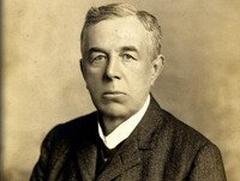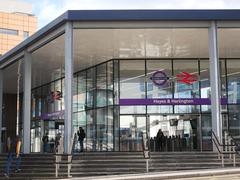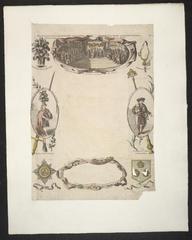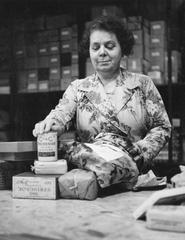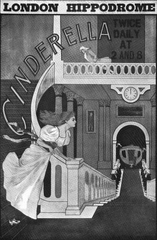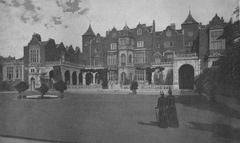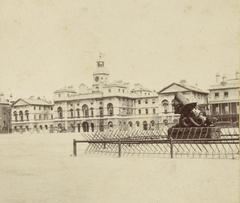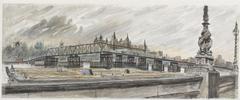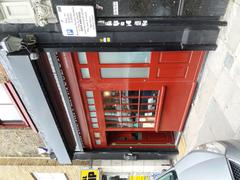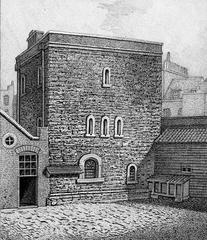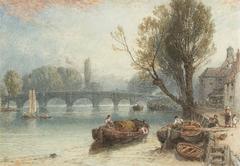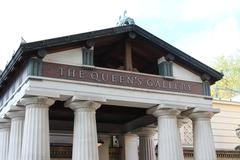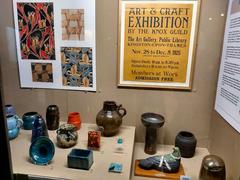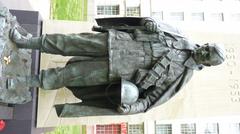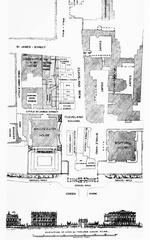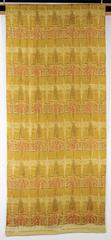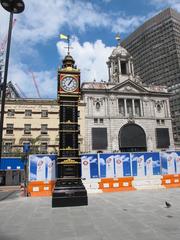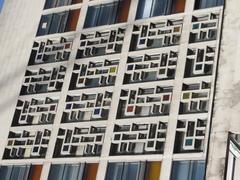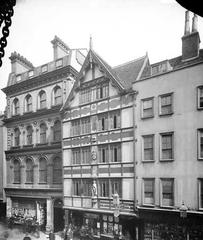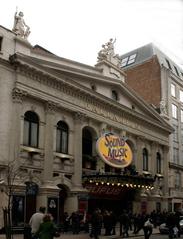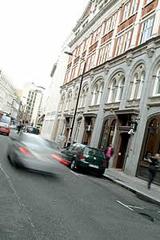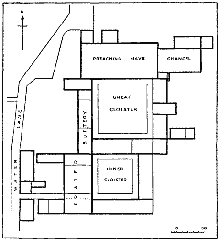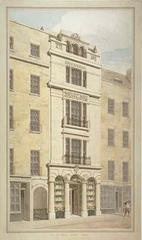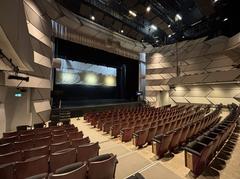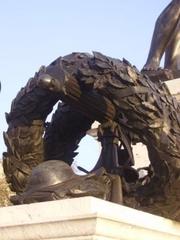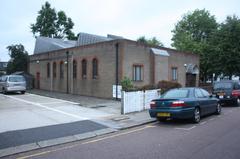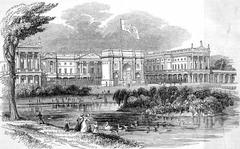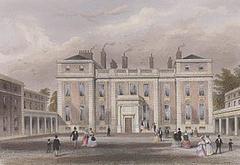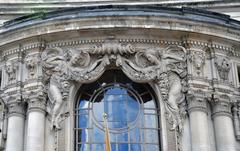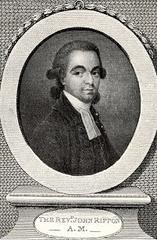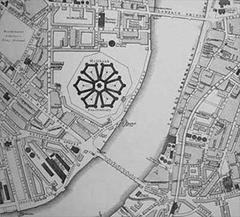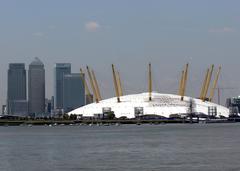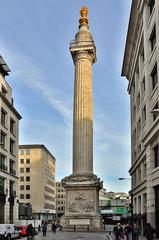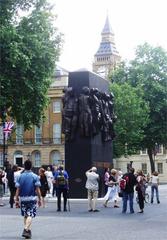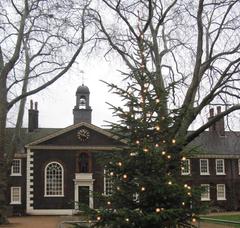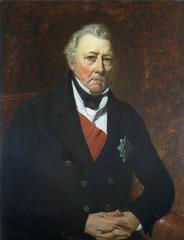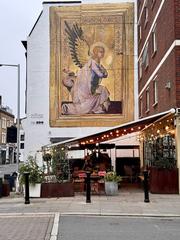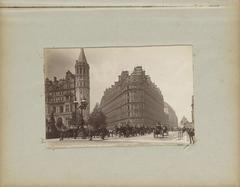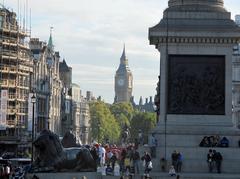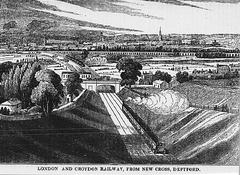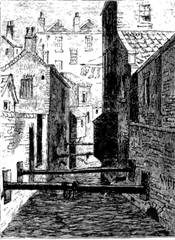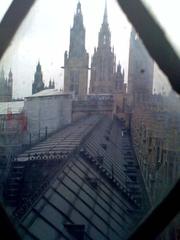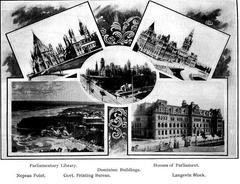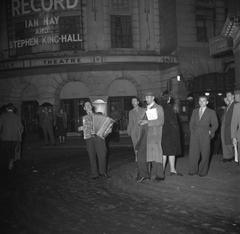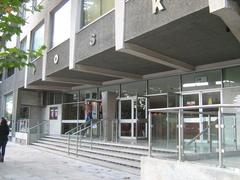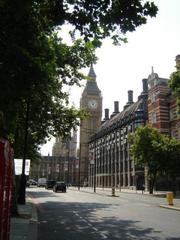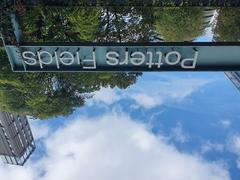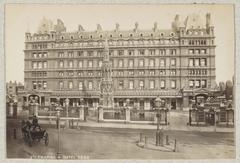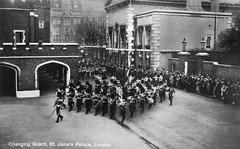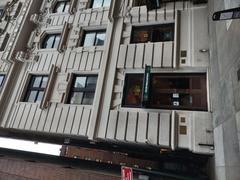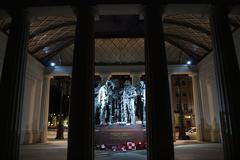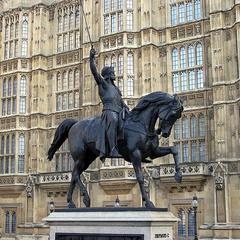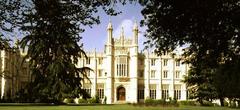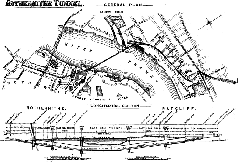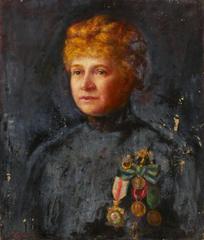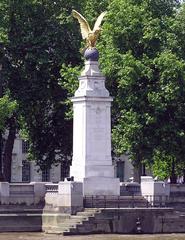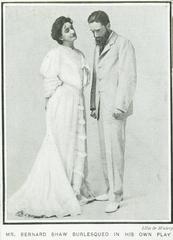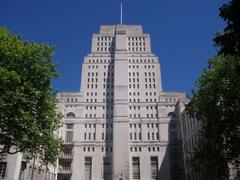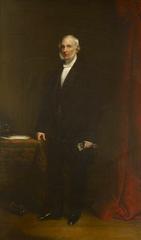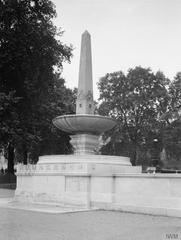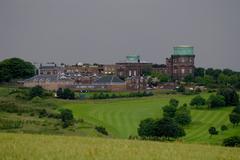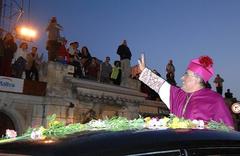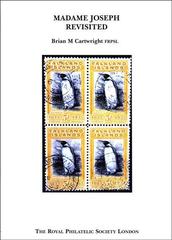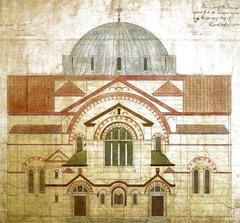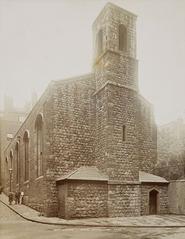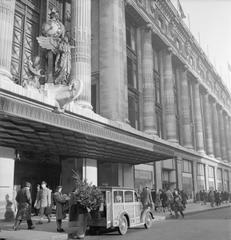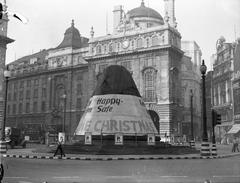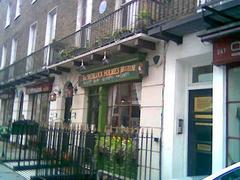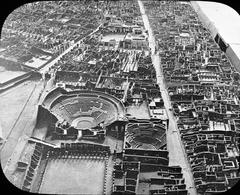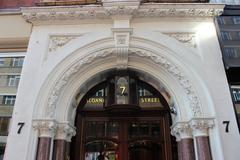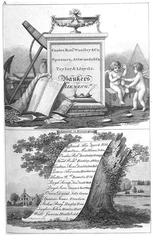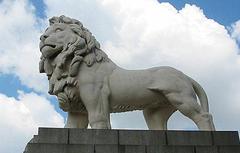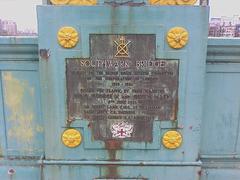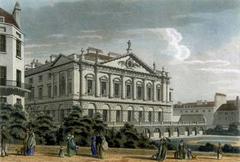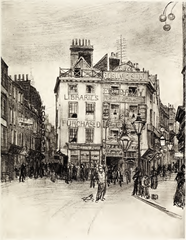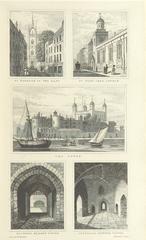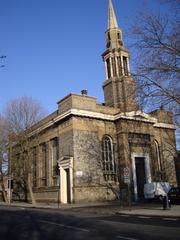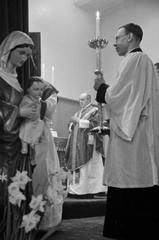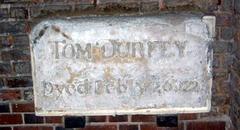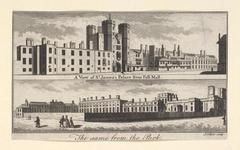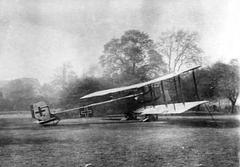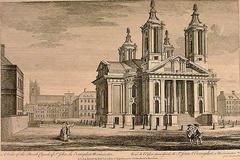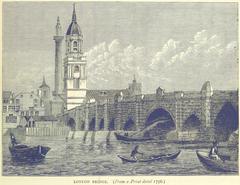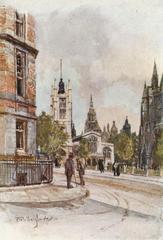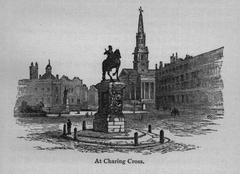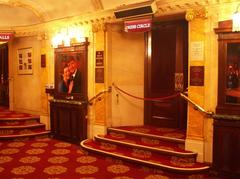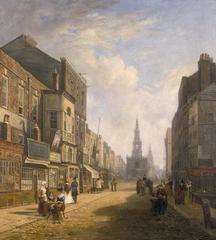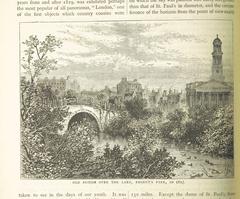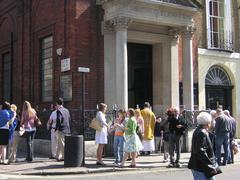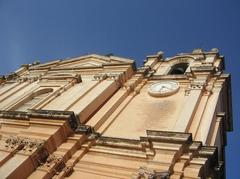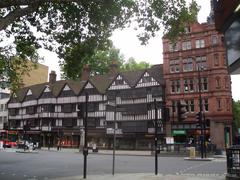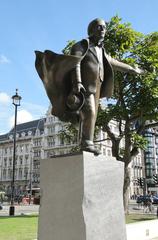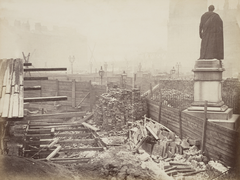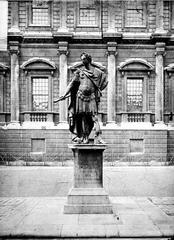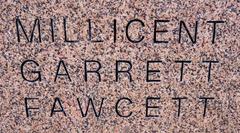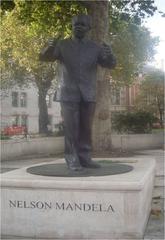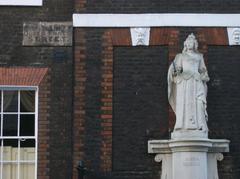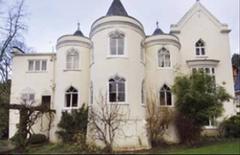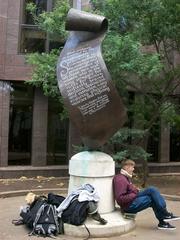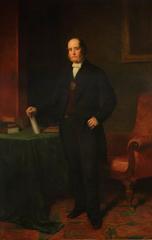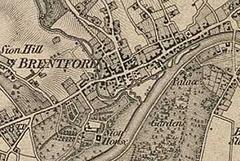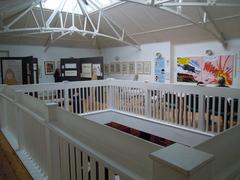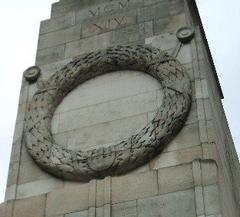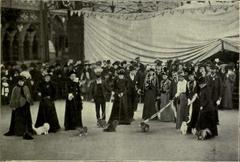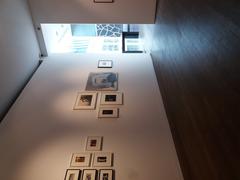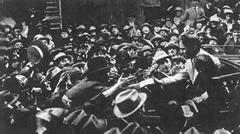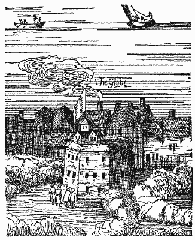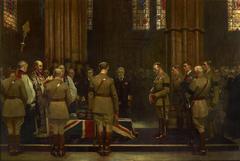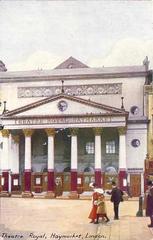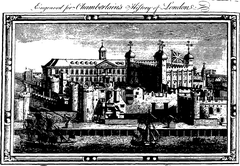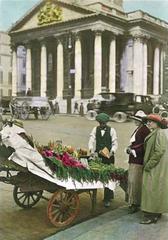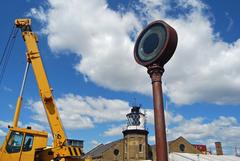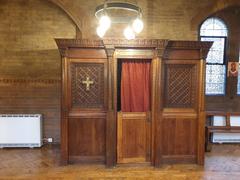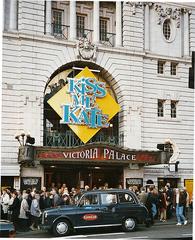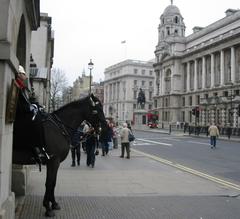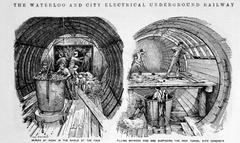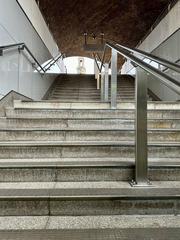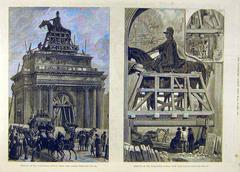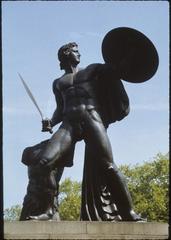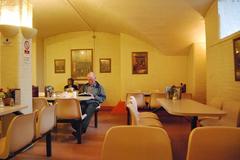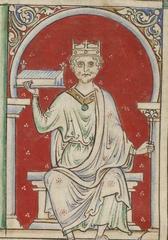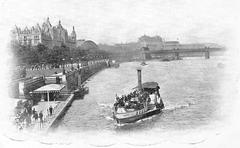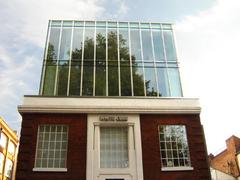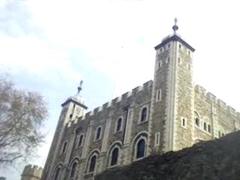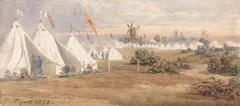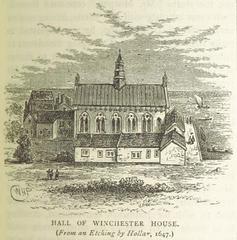North Western Reform Synagogue (Alyth) London: Visiting Hours, Tickets, and Historical Sites Guide
Date: 04/07/2025
Introduction
The North Western Reform Synagogue, widely known as Alyth, stands as a leading force in Reform Judaism in London. Founded in 1933 and located in the heart of Golders Green, Alyth has grown to become one of the UK’s largest and most influential Reform Jewish congregations. With over 3,000 members, Alyth is celebrated for its inclusive ethos, progressive values, and role as a center for religious, educational, and social engagement. This guide provides comprehensive information for visitors—including historical background, visiting hours, ticketing, accessibility, tours, and nearby attractions—ensuring an enriching experience for anyone interested in Jewish heritage or London’s religious sites.
For the latest schedules, events, and visitor updates, consult the official Alyth website, as well as additional resources such as HGS Heritage and The Jewish Chronicle.
Table of Contents
- History and Significance
- Architecture and Facilities
- Notable Leadership
- Visiting Alyth: Essential Information
- Visitor Guidelines and Etiquette
- Community Engagement and Events
- Frequently Asked Questions (FAQ)
- Conclusion and Visitor Tips
- References and Further Reading
History and Significance
Founding Years and Early Development (1933–1936)
Alyth’s roots trace back to a pivotal meeting on 24 May 1933 at 17 Templars Avenue, NW11. Visionary leaders, including Rabbi Solomon Starrels and Reverends Harold Reinhart and Vivian Simmons, established the congregation, with the name “North Western Reform Synagogue” chosen to reflect its broad community reach (HGS Heritage). The first religious service was held in June 1933 at the home of Mr. and Mrs. H. Silbert, marking the beginning of regular worship and community organization.
By 1934, the congregation had grown to 190 members, pioneering egalitarian policies such as a single membership fee and non-reserved seating, and establishing a council inclusive of both men and women. This commitment to inclusivity became a hallmark of Alyth’s identity.
Construction and Consecration (1935–1936)
In 1935, plans were set in motion to build a dedicated synagogue. Support from the West London Synagogue secured a site at Alyth Gardens. Following the laying of the foundation stone in January 1936, the synagogue was consecrated in July 1936, with membership expanding to over 300. Alyth soon gained formal representation within the Board of Deputies of British Jews.
Pre-War Growth and Refugee Support
By the late 1930s, Alyth had established itself as a vibrant community hub, launching a Religion School, youth groups, and social clubs. In 1938, the synagogue played a critical role in responding to the refugee crisis, co-founding the Jewish Emergency Committee for Refugees in the Boroughs of Finchley and Hendon. The arrival of a charred Sefer Torah from Germany in 1938 was a somber symbol of the congregation’s solidarity with Jews fleeing Nazi persecution (HGS Heritage).
Wartime Contributions
During World War II, Alyth intensified its support for refugees, organizing English classes for hundreds of new arrivals. Leadership transitioned as Rev. Maurice Perlzweig departed in 1942 and Rev. Vivian Simmons assumed the ministry. Rabbi Werner van der Zyl’s 1943 induction introduced German Liberal musical traditions, enriching the congregation’s spiritual and cultural life.
Post-War Expansion and Modernization
Alyth continued to grow after the war, cementing its reputation for progressive practice and community engagement. Multiple building expansions and refurbishments—including a major £6 million upgrade completed in 2024—have equipped Alyth to meet the evolving needs of its diverse community (Studio ST Synagogue Renovations).
Architecture and Facilities
Alyth’s building, designed by German-Jewish architect Fritz Landauer and consecrated in 1936, combines modest traditional exteriors with a spacious, light-filled, and modern interior (Wikipedia; JCR-UK). Recent renovations have enhanced accessibility, energy efficiency, and versatility, including:
- Multiple prayer and event spaces
- Classrooms, library, and social hall
- Modern kitchen and restrooms
- Step-free and wheelchair access throughout
- Gender-neutral and accessible facilities
Notable Leadership
Alyth’s legacy is shaped by distinguished leaders, including Rabbi Solomon Starrels, Rev. Harold Reinhart, Rev. Vivian Simmons, and Rabbi Werner van der Zyl. More recently, Rabbis Josh Levy and Golan Ben-Chorin have led the congregation, with Rabbi Ben-Chorin’s 2025 appointment heralding a new phase of growth (Reform Judaism UK).
Visiting Alyth: Essential Information
Hours and Admission
- Office Hours: Monday–Thursday 9:30 am–5:00 pm; Friday 9:30 am–3:00 pm
- Service Times: Friday evenings (Erev Shabbat) at 6:30 pm; Saturday mornings at 10:00 am/10:30 am; Sunday morning minyan at 9:00 am
- General Admission: Entry to most services and community events is free. Special events and festivals (e.g., High Holy Days) may require advance tickets, typically £12–£20 (Jewish Renaissance)
- Guided Tours: Available by prior arrangement; contact the synagogue office to book
Accessibility
Alyth is committed to inclusivity, offering:
- Step-free and wheelchair access throughout main areas
- Accessible restroom facilities
- Hearing loops and assistive listening devices
- Gender-inclusive amenities
Notify the office in advance if you require additional accommodations (Barnet Council).
Guided Tours and Educational Offerings
- Guided architectural and historical tours are available by appointment
- Educational programs tailored to schools and groups
- Publications and talks on Alyth’s heritage and Reform Judaism (JCR-UK)
Directions and Nearby Attractions
Address: Alyth Gardens, Temple Fortune, Golders Green, London NW11 7EN
Nearest Underground: Golders Green (Northern Line), 10-minute walk
Bus Routes: 13, 102, 460
Parking: Limited street parking; public transport recommended
Nearby attractions:
- Golders Green Jewish Cemetery
- Hampstead Heath
- Kosher restaurants and shops in Golders Green
- The Jewish Museum London and Bevis Marks Synagogue (Tourist England)
Visitor Guidelines and Etiquette
- Dress Code: Modest attire recommended; men should wear a kippah (provided); women’s head coverings are optional
- Security: Photo ID required; bag checks are standard, especially during busy periods
- Photography: Not permitted during services; special permission required at other times
- Participation: Visitors of all backgrounds are welcome; non-Jewish guests may observe but should refrain from ritual acts reserved for Jewish members
- Food: Only kosher food permitted onsite; outside food by arrangement
Community Engagement and Events
Alyth offers a vibrant calendar of religious, educational, and cultural programs, including:
- Regular services and life-cycle events
- Concerts, lectures, and social gatherings
- Choral performances and musical heritage events
- Family and children’s activities
- Support groups and interfaith dialogue
Many events are accessible both in-person and online via Zoom or YouTube (Alyth Activities).
Frequently Asked Questions (FAQ)
Q: What are Alyth’s visiting hours?
A: Visitor access is primarily during services and events. Office hours are Monday–Thursday 9:30 am–5:00 pm; Friday 9:30 am–3:00 pm.
Q: Do I need tickets to attend?
A: Regular services and most events are free; some special events (e.g., High Holy Days) require tickets.
Q: Is the synagogue accessible?
A: Yes, Alyth is fully accessible, with wheelchair access and support for visitors with disabilities.
Q: Can non-Jews attend?
A: Yes, all are welcome. Please respect customs and ask staff if unsure.
Q: Is photography allowed?
A: Generally not during services; permission may be granted outside of worship times.
Q: How do I arrange a tour?
A: Contact the synagogue office in advance to book a guided tour.
Q: Is parking available?
A: Limited street parking is available; public transport is preferable.
Conclusion and Visitor Tips
Alyth offers an inspiring window into the past and present of Reform Judaism in the UK. Whether you are a history buff, a spiritual seeker, or a cultural explorer, a visit to Alyth provides insight into a community that values tradition, innovation, and inclusivity. To make the most of your visit:
- Check current schedules and book tickets for special events via the Alyth website
- Arrive early for major services or events
- Connect with the community—Alyth is renowned for its hospitality
- Explore Golders Green’s Jewish heritage sites and local amenities
Stay updated by subscribing to Alyth’s newsletter or following their social media channels, and consider downloading the Audiala app for easy access to event information and related articles.
References and Further Reading
- HGS Heritage – North Western Reform Synagogue
- The Jewish Chronicle – Secrets of Successful Synagogues
- Alyth Official Website
- Studio ST Synagogue Renovations
- Jewish Renaissance – What’s Happening
- JCR-UK – Golders Green North Western Reform Synagogue
- Barnet Council – North Western Reform Synagogue
- Tourist England – Jewish Visiting London

